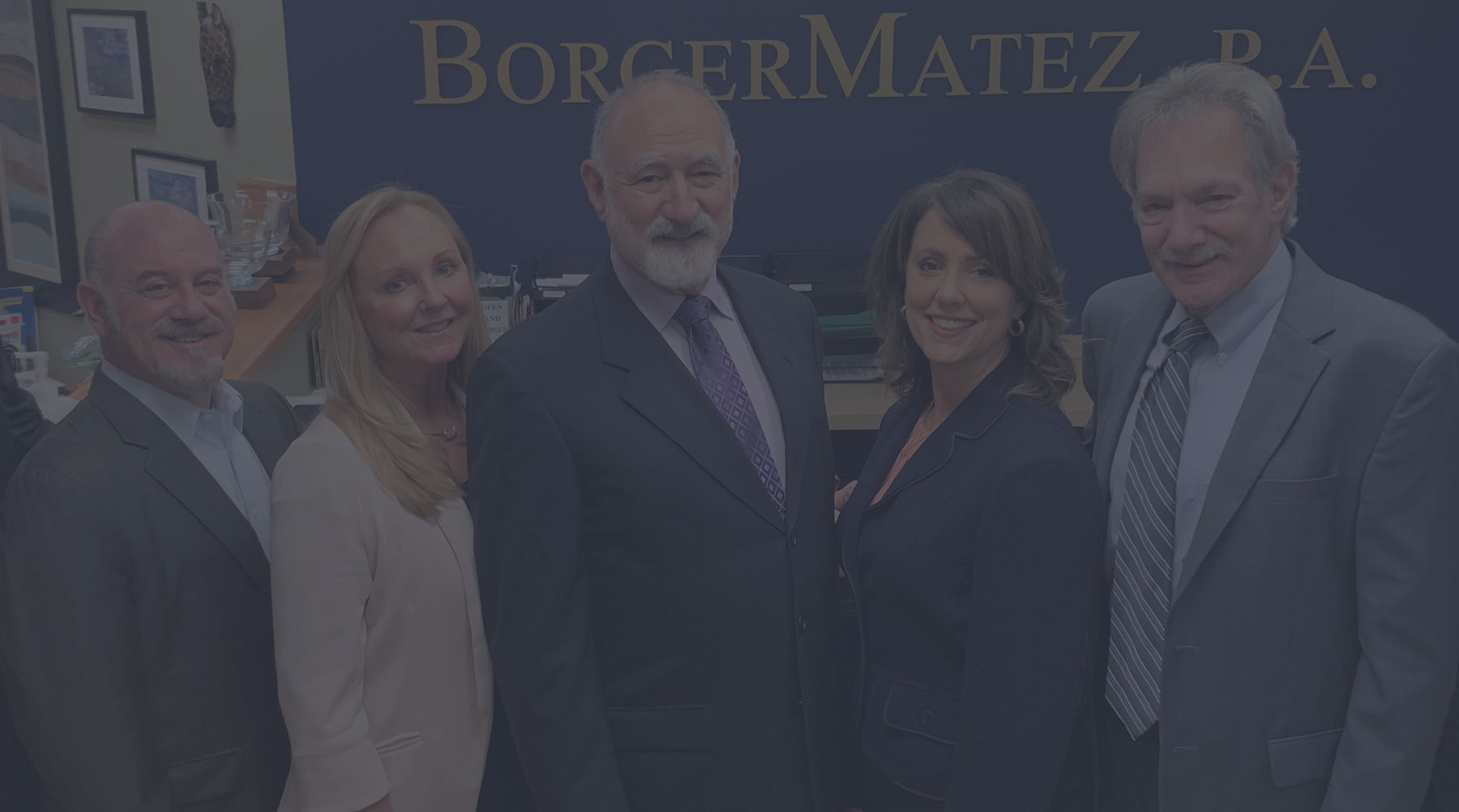“A Marriage Story” – An ugly and accurate depiction of divorce litigation

I wrote the following article several years ago and was reminded of it again while watching the moving “A Marriage Story.” Watching Laura Dern’s character (Nora) manipulate Scarlett Johansson’s character (Nicole) was extremely uncomfortable. She exhibited a trait that I have, unfortunately, witnessed of colleagues throughout my career, maternalism/paternalism. All too often, divorce lawyers take a paternalistic/maternalistic approach toward their clients and act as if they know what is best for their clients. Nora never really listened to Nicole, she heard bits and pieces of what she was saying and took control; she decided what she believed was best for her instead of listening to her needs, wants, desires, goals and interests, she told her what to think, how to think, what to do, and how to act. In mediation and the collaborative divorce process, divorcing spouses have the opportunity to express their goals, interests, desires, and fears openly and in a safe environment.
Oscar Wilde said “Life imitates art more often than art imitates life.”
In this film art very much imitates life; it depicts a true and accurate litigated divorce with ONE major exception, the main characters in the movie had a relatively typical “Hollywood ending.” While Nora and Charlie did not reconcile, the ending certainly portrayed them as having a mutually caring and respectful relationship in the end and living peaceful, happy lives. In real life, however, divorced couples who litigate like Nora and Charlie, typically end up hating each other, being incredibly hurt by and angry with each other, live far from peaceful/happy lives, and often continue to battle with each other post-divorce. Relationships with the other’s extended family become strained or terminated. Children become the victims in their parents’ anger and hatred toward each other and their battle for control. “A Marriage Story” is a wonderfully strong advertisement and motivation for mediation or the collaborative process.
When Zeal Turns into Zealotry, Everyone Loses
By Bruce Matez, Esq.
Originally published in the February edition of The Barrister (Camden County Bar Association)
This past summer, my rabbi (a former attorney) delivered a stirring and compelling sermon about the difference between zeal and zealotry, and what happens when people turn their zeal for a cause into zealotry. As I listened, it occurred to me that what she was saying had relevance to the practice of law in general, and specifically the practice of family law. I could not help but think of some unfortunate situations wherein an adversary allowed zealous advocacy to become zealotry.
Many of us remember studying “professional conduct” and “ethics governing lawyers” in law school, where it was drummed into our heads that we have an obligation to zealously represent our clients, while conforming to the Rules of Professional Conduct. It may be surprising to discover the “zeal” requirement many of us learned is no longer found in the ABA Model Rules of Professional Conduct or the New Jersey Rules of Professional Conduct. Despite the elimination of “zeal” from the rules governing our ethical conduct, many family law attorneys continue to recognize the obligation to zealously represent our clients. However, many of us have unfortunately witnessed and experienced an adversary turn “zeal” into “zealotry” in too many cases. Zealous advocacy is appropriate, professional, and often necessary, whereas zealotry is harmful to clients and their families, has a detrimental effect upon the way people perceive attorneys in general, and can have a devastating impact on our judicial system. Zealotry in the practice of family law is destructive and counterproductive, causes a breakdown in civility and collegiality among attorneys and completely unnecessary.
According to the Merriam-Webster Dictionary, the definition of “zeal” is a strong feeling of interest and enthusiasm which makes one eager or determined to do something; or “eagerness and ardent interest in pursuit of something.” Synonyms of zeal and zealous include passion, fervor, fire, gusto, vigor, and intensity.
Zealotry is defined as “the excess of zeal; fanatical devotion.” Synonyms of a zealot include are: crusader, fanatic, and militant partisan.
Family Law practitioners should be eager and ardent in providing representation to our clients. We owe clients our interest and enthusiasm in addressing their legal concerns. However, family law attorneys should take care not to become zealots in their effort to be zealous. It has been my experience that zealotry, the “excess of zeal” and “fanatical devotion” in family law cases, exponentially increases legal fees, adds unnecessary and unprofessional stress between attorneys, aggravates already tense and difficult situations, causes existing rifts between parties to widen and become irreparable, and destroys relationships, with a resultant negative impact on children, grandchildren, new significant others, friends, and family. Zealotry in the practice of family law leads to unprofessional, uncivil, non-collegial conduct among attorneys, and ultimately increases all of our receivables.
Our judiciary needs to be trained to properly and adequately handle and discipline those attorneys who cross the line, who behave unprofessionally, without civility and collegiality, and, in a word, become zealots. Zealotry is often found in letters from an adversary, briefs, certifications, and statements made on the record. I question and am disturbed by any unwillingness to take action to stop zealotry in the practice of family law. Judges are in the best position to require counsel to act with professionalism and cease zealotry.
While our Rules of Professional Conduct no longer require zealous advocacy, we should all strive to represent our clients with passion, devotion, enthusiasm and eagerness, and avoid assuming the role of crusader, fanatic, or militant partisan. Professionalism still suggests we be zealous advocates, but refrain from becoming zealots. When we all do so, the practice of family law, our clients, and our noble profession are all better served.





